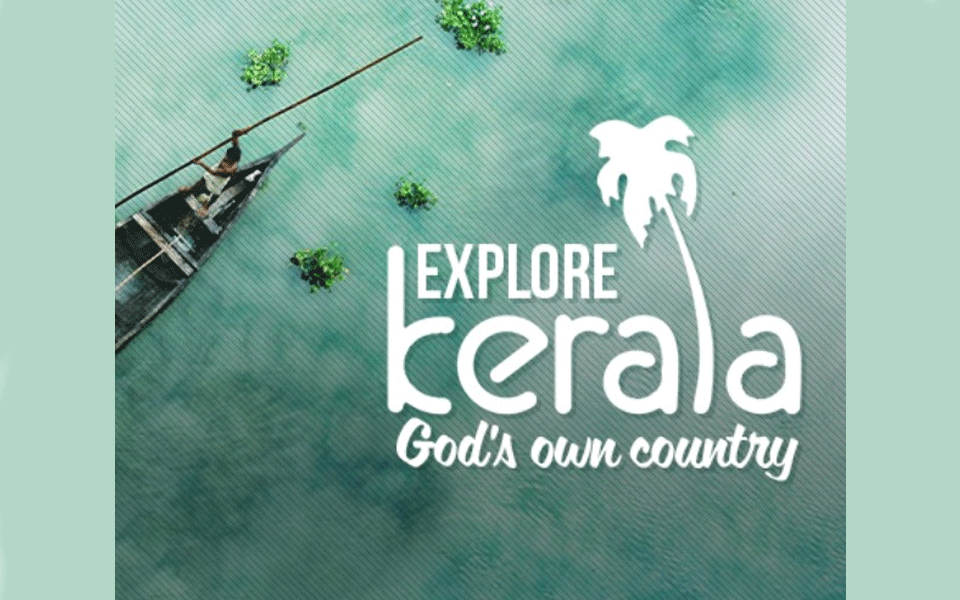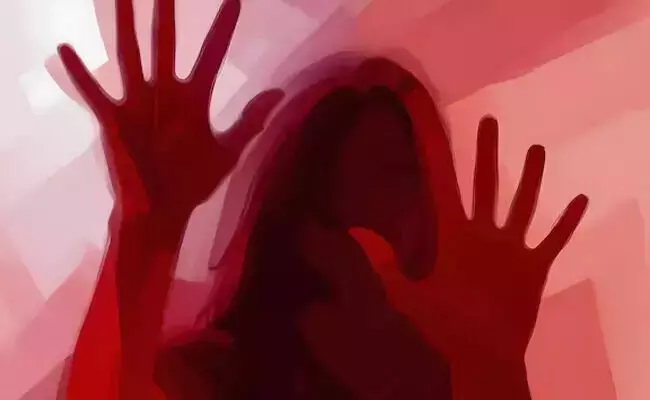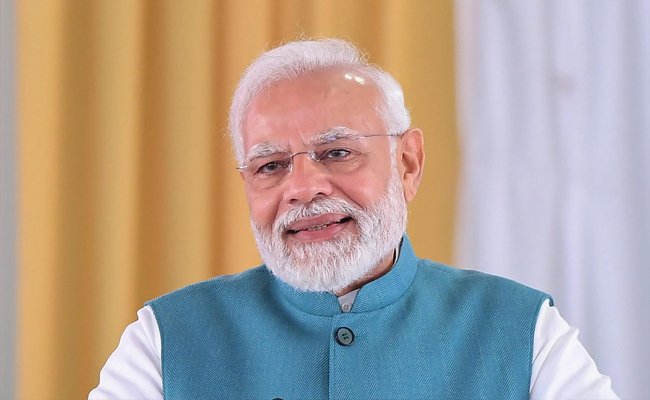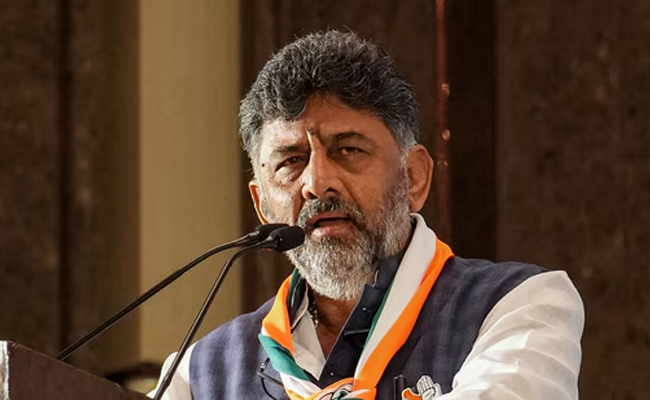Thiruvananthapuram, July 11: Kerala Tourism and the state's Munnar are all set for a rare spectacle - happening once every 12 years - when the hills at the hugely popular tourist resort will be carpeted with the blossoms of the 40-odd varieties of a tiny reddish blue flower.
The Strobilanthes kunthianus is locally called 'Neelakurinji', neela meaning blue and kurinji the local name for the flower.
The last time this marvellous spectacle occurred in 2006 and generally the time this phenomenal blooming begins towards mid July and ends in October.
Another attractive sight to the naked eye will be the majestic Nilgiri Tahr, the endangered mountain goat found in these area, ambling down the hills that are swathed in neelakurinji blossoms in all their grandeur.
The Kerala Tourism Department on Wednesday launched a microsite - www.keralatourism.org/neelakurinji - on blossoming of Neelakurinji, as there will not be an inch of space in Munnar with tourists coming in large numbers.
Tourism Minister Kadakampally Surendran launched the microsite which is rich in content and has detailed information regarding the tourist attractions on the way to Eravikulam National Park near Munnar, saying that it will help tourists explore more interesting facts about Neelakurinji and realise the real beauty of the place.
A 21-page e-brochure is also available on the site that enables tourists to get all the information about Neelakurinji. The e-brochure can be downloaded and be sent via WhatsApp.
Neelakurinji mainly blossoms abundantly at Rajamala, Eravikulam National Park, located along the Western Ghats.
Let the Truth be known. If you read VB and like VB, please be a VB Supporter and Help us deliver the Truth to one and all.
Dharamsala (PTI): The countdown to save his place in the playing XI begins for a beleaguered Shubman Gill, who is likely to get three matches against South Africa to prove his worth before the Indian team management switches to a ‘Plan B’ ahead of the T20 World Cup, starting in six weeks.
As India gear up to play the third T20I against the Proteas on Sunday in sub-10-degree temperatures in the lap of the ice-clad Dhauladhar range, things are suddenly heating up in the Indian dressing room, with the prolonged poor form of skipper Suryakumar Yadav coming under the scanner.
ALSO READ: South Africa level series after de Kock special; Gill, SKY misfire again
Worse, his deputy Shubman Gill, who was pushed into the XI at the expense of a settled Sanju Samson, is not inspiring much confidence.
The South African pace attack featuring Anrich Nortje, Marco Jansen, Lungi Ngidi, Ottniel Baartman and Lutho Sipamla — has shown how to bowl on Indian tracks, and the HPCA Stadium strip, offering extra bounce and some movement off the surface, will certainly keep them interested.
ALSO READ: Messi mania grips Kolkata as thousands welcome Argentine icon at 2.26 am
Among all T20 sides, South Africa, in terms of personnel, appears to have the requisite balance to win the trophy in the Indian subcontinent this time. Quinton de Kock’s return, along with the likes of Aiden Markram, Dewald Brevis, Donovan Ferreira, David Miller and all-rounder Jansen, gives their batting an intimidating look.
With only eight games, starting from the third T20I, left before the start of the T20 World Cup title defence, India's under-fire head coach Gautam Gambhir won't be able to afford, two out-of-form top-order batters in the starting line-up.
Being the skipper of the side, Surya will certainly have immunity going into the T20 World Cup despite being completely out of form for the past one year but same can't be said about Gill, who wasn't the original choice as an opener.
Gill's entry into the T20 set-up was a classic case of trying to fix something that ain't broken and things haven't looked good so far.
In this backdrop, Gill would need to bat out of his skin to prove that Ajit Agarkar-led committee wasn't wrong in throwing Samson under the bus for one bad series against England.
The stylish Indian Test and ODI skipper will have to find his T20 game and at least score in two of the three matches if he doesn't want Samson to get his rightful place back or for that matter, find Yashasvi Jaiswal, with a fabulous T20I strike-rate of 165, enter the fray during New Zealand series.
Lack of clarity
==========
While head coach Gambhir is too proud a person to admit but sending Axar Patel as a one drop batter during the second T20I was a "tactical brain fade" from the team's think-tank.
The kind misstep that was taken with Axar's promotion is unlikely to be repeated in the third game where skipper is expected to go back to No.3 where he has got a lot of success in his first few years at the international level.
Similarly, Shivam Dube being sent at number eight due to the shuffling of batting order was another poor call which would need course correction in the next game.
Is there a place for Kuldeep Yadav?
=========================
Kuldeep Yadav is one bowler who has consistently troubled the Proteas batter but in an Indian team where batting till No. 8 is non-negotiable, the left-arm wrist spinner often finds himself getting the rough end of the stick.
At Dharamsala too, he might have to sit out as Kuldeep and Varun Chakravarthy, two non-batters can't be clubbed in the same T20 playing eleven as that would lead to compromise in batting depth.
While Arshdeep hasn't had a good series so far, it will be interesting to find if team management can find a place for Kuldeep in the playing eleven with Hardik Pandya sharing the new ball with Jasprit Bumrah.
The five-match series is currently tied 1-1.
Teams:
India: Suryakumar Yadav (captain), Shubman Gill, Abhishek Sharma, NT Tilak Verma, Axar Patel, Hardik Pandya, Shivam Dube, Jitesh Sharma (wk), Varun Chakravarthy, Arshdeep Singh, Jasprit Bumrah, Sanju Samson (wk), Harshit Rana, Kuldeep Yadav, Washington Sundar.
South Africa: Aiden Markram (captain), Quinton de Kock, Reeza Hendricks, Dewald Brevis, David Miller, Tristan Stubbs, Donovan Ferreira, Marco Jansen, Lutho Sipamla, Ottniel Baartman, Anrich Nortje, Lungi Ngidi, Corbin Bosch, Keshav Maharaj, George Linde.
Match Starts at 7 pm.





